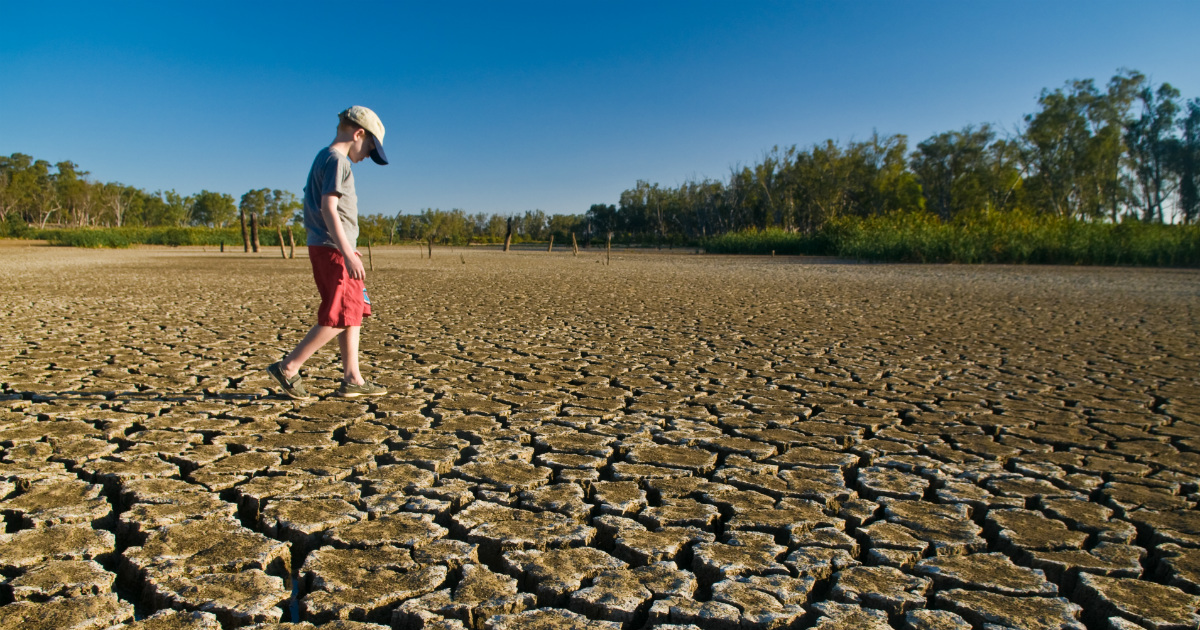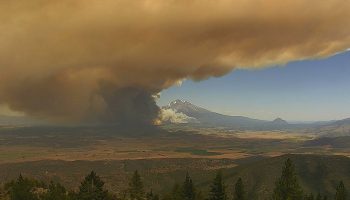What’s the first thing that comes to mind when someone mentions climate change? The devastation of the environment is the first thing that comes to mind for the majority of the population. Things like ice caps melting and deforestation fall under this category. This is a significant consequence of climate change, but the dangers it poses to human health should not be overlooked.
Since human health & disease are the most directly impacted by climate change, we’re focusing on them in this article. Human and animal life spans will be extended as a result of conservation efforts. The World Health Organization predicts that heat stress, diarrhoea, malaria, and malnutrition in children will cause 250,000 fatalities year between 2030 and 2050 as a result of climate change.
We’ll begin by looking at the effects of global warming. In the next section, we’ll examine the most serious human health consequences of climate change. After that, we’ll talk about who’s affected by global climate change and what we can do to lessen its toll on our health.
Is Climate Change Going To Have A Significant Impact On Our Lives?
For more information about causes and effects of climate change, check read our blog post. To offer you some perspective for the entire piece, we’ll compress this here.
Climate change, in its most basic form, is the long-term movement in the weather and temperatures of a particular area. Despite this, the majority of the time, the topic is framed in global terms. Even while climate patterns are shifting around the globe, not all climates are seeing the same degree of change. As the earth continues to warm, this is the most pressing issue we face today.
Climate change is causing a wide range of negative repercussions. Climate change, extinctions, melting glaciers, and changes in wildlife habitats are all examples of this.
Today, we’re going to focus on the long-term effects of these detrimental implications on human health.
The Impacts Of Air Pollution On Human Health Are Yet To Be Determined
Climate change poses a wide range of health problems, but we’ll focus on a few of the most significant in this part. Climate change, of course, isn’t solely responsible for these health dangers, yet it plays a significant role.
Linking Humans, Animals, and the Ecosystem course provides additional information on the link between global warming and environmental lives.

The Lack Of Fresh Air In The Area
People’s health is being harmed in different ways as a result of declining air pollution in many parts of the world. Climate change is a major contributor to air pollution. Smog (ground-level ozone) levels are rising, as are the number of wildfires.
A thick mist in the sky can be seen as a result of the combination of sunlight, warm air, and pollutants from fossil fuels. Large cities and industrial areas are the most common places to find this type of trash. This is because more fossil fuels are burned or more volatile organic compounds (VOCs), such as paint and gasoline, are used. The burning of fossil fuels also emits air pollutants, which can aggravate allergies in some people.
There has also been an increase of wildfires recently, which contributes to poor air quality by raising the amount of ash in the atmosphere. There have been 175,000 acres of forest fires in Turkey this year, according to the European Bushfire Information System. Compared to the national mean, this is 80 % higher.
Health problems might arise as a result of poor air quality. For example, the respiratory system may become inflamed or the airways may get irritated. Long-term pulmonary and lung problems might result from breathing polluted air, even if the symptoms are only temporary.


